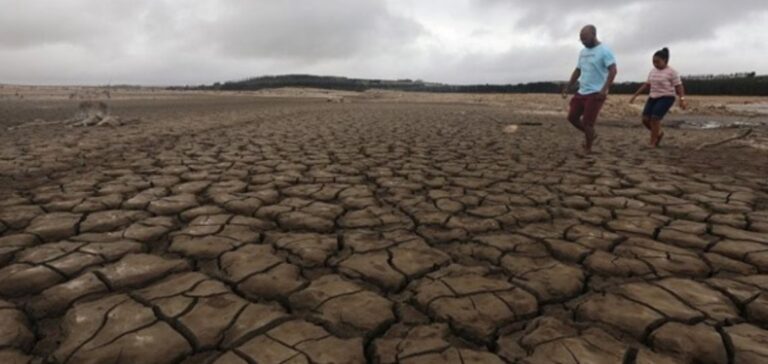In Zambia, hydroelectric power, which accounts for over 80% of the electricity supply, is suffering the direct consequences of an unprecedented drought. With the water level in its reservoirs significantly reduced, Zambia Electricity Supply Corporation Limited (Zesco) was forced to ration electricity, limiting supply to just eight hours a day. This measure highlights the vulnerability of the country’s energy infrastructure to extreme climatic variations.
Efforts to maintain food production
Faced with this energy crisis, Zesco is working with the armed forces to keep the flour mills, essential to the nation’s food security, up and running. A move that underscores the profound impact of the electricity shortage on various sectors beyond energy, directly affecting the food supply and daily lives of Zambians.
The drought, officially recognized as a national disaster, reveals the challenges Zambia faces in diversifying its energy sources. What’s more, the problem is not confined to Zambia. Neighboring countries, such as Malawi, are also suffering the consequences of the drought on their power generation capacity. A state of natural disaster has been declared in 23 of the country’s 28 districts.






















